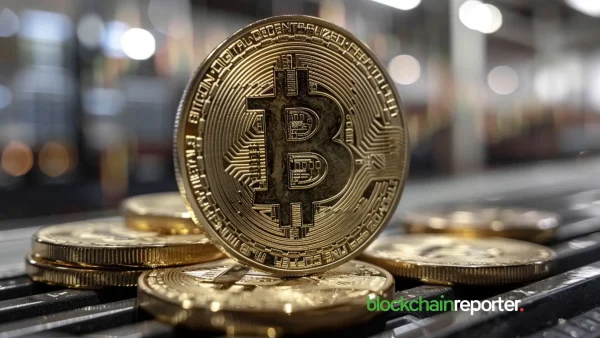
Bitcoin and other cryptocurrencies recently promoted by some traders as alternative strategies to protect against inflation
Bitcoin has had a great year-to-date performance, outperforming traditional hedges by more than 130 percent over gold’s measly 4 percent. Bitcoin has also grown into a good contender for an inflation hedge over time. Despite the fact that the currency was prone to market jitters and gyrations on a regular basis. Despite this, the world’s largest cryptocurrency continues to grow its portfolio.
While the cryptocurrency has now recovered to $46,300 in tandem with a rise in the S&P 500 futures, prices are still significantly off last week’s highs of $47,000. Despite the fact that money markets have lowered expectations for Fed rate rises in the aftermath of the Russia-Ukraine conflict, the central bank is still expected to raise rates at least five times this year. The first rate rise of 25 basis points is expected to take place next week.
Inflation may be controlled by investing in high-value assets such as gold, real estate, shares, and cryptocurrencies. Because currency loses purchasing power over time, keeping it leads in individuals losing their savings. As a result, investors have been flocking to high-value assets like gold, real estate, shares, and, more lately, cryptocurrencies. The question of whether Bitcoin would protect against inflation has been a source of debate since then.
Both Bitcoin and gold are quite simple to buy and sell, especially because both have active marketplaces. Gold, on the other hand, has an advantage due to more established trading methods. Given the variety of options to invest in gold, including acquiring actual physical gold, purchasing ETFs that hold physical gold or gold businesses, and trading futures, gold may be comparatively easy to invest in. Depending on their objectives, investors can invest in gold in a variety of methods. Many of these methods use exchange-traded products (ETPs), such as stocks and ETFs, to make it simple and inexpensive for investors to access their funds.
Bitcoin, as an asset, outperforms inflation by a significant margin, yet you need be wary of external variables like as the regulatory climate. Statistics show that holding money in Bitcoin has far higher odds than gold, real estate, equities, and other assets. Bitcoin has a unique position as an asset that may hold inflation at bay due to underlying qualities such as restricted supply and DeFiczx.









